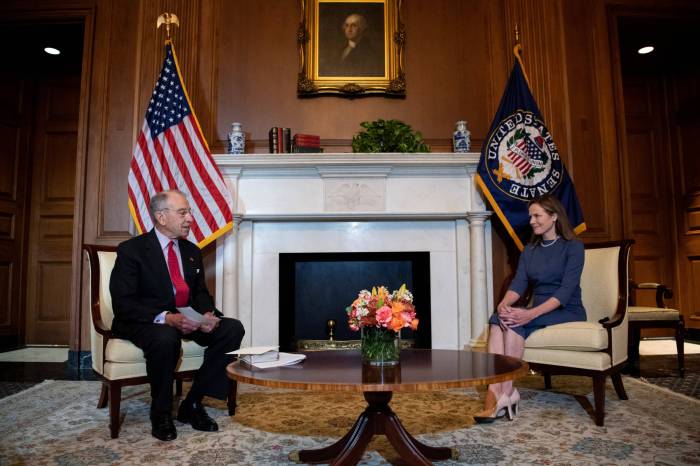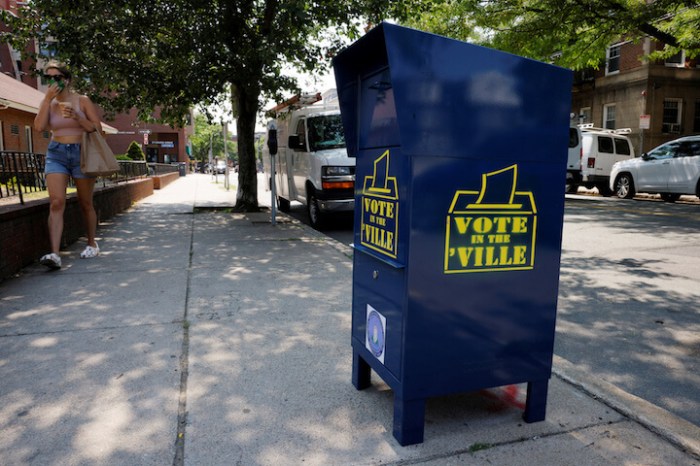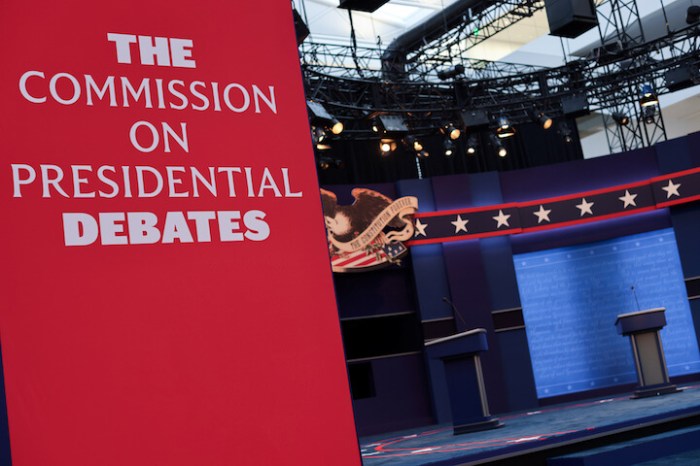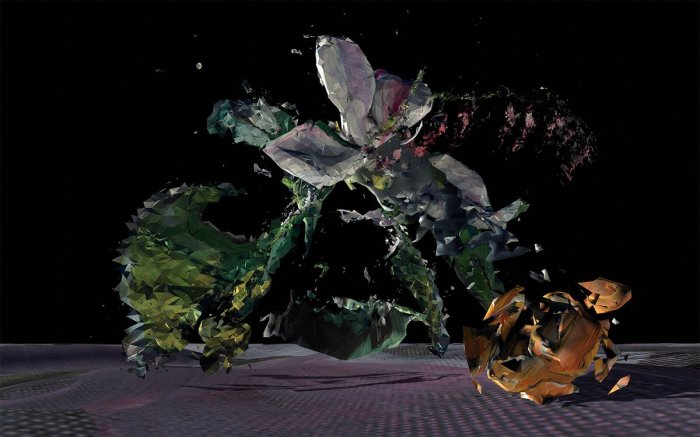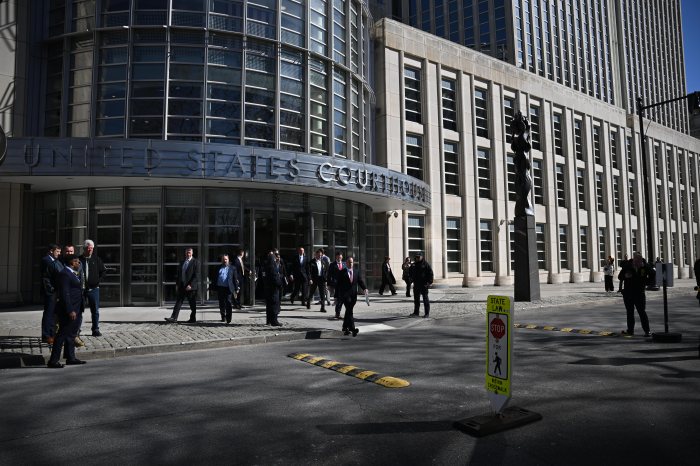The Supreme Court’s deadlock this week in a key election case illustrates the power President Donald Trump’s nominee Amy Coney Barrett could wield and reveals why Republicans are hurrying to install her as a justice, Democrats said on Wednesday in their latest pitch to block her U.S. Senate confirmation.
Chief Justice John Roberts broke with the four other conservative justices and joined with the court’s three liberals on Monday in denying a request by Republicans seeking to block a state court’s ruling that extended the deadline for the delivery of mail-in ballots in Pennsylvania by three days.
That produced a 4-4 vote on the court – down a justice following the September death of liberal Ruth Bader Ginsburg – yielding a deadlock that preserved the lower court’s ruling.
There has been an upswing in voting by mail due to the coronavirus pandemic. Democrats said that if Barrett already were on the court she would have voted in favor of the Republican bid to block the extension in Pennsylvania, a state crucial to Trump’s re-election chances.
The Pennsylvania case, Democratic Senator Dick Durbin said during a call with reporters, “was a disturbing demonstration of what’s at stake if the Republicans have their way and fill this vacancy.”
“With one more vote they would have succeeded,” Durbin said. “That’s exactly the kind of judicial activism Republicans claim to oppose. … It’s exactly the kind of judicial activism they are expecting from Judge Barrett as they rush to confirm her.”
Trump has asked the Republican-led Senate to confirm Barrett before Election Day, saying he expects the Supreme Court to decide the outcome of his race against Democratic challenger Joe Biden, who leads in national opinion polls even as Trump seeks to sow doubts about the integrity of the voting process.
Barrett’s confirmation would give the court a 6-3 conservative majority and curb Roberts’ current role as its swing vote in close cases.
The Senate Judiciary Committee held Barrett’s confirmation hearing last week and is expected to vote on Thursday to send her nomination to the full Senate for final approval next Monday. Republicans hold a 53-47 Senate majority, meaning Democrats have scant chance to halt her confirmation.




